Kallol Banerjee on food biz evolving from logistics-oriented to personalisation
Founded in 2011 by Jaydeep Barman and Kallol Banerjee, Rebel Foods is the world’s largest and fastest-growing Internet restaurant company, home to brands such as Faasos, Behrouz Biryani, Ovenstory Pizza, Mandarin Oak, The Good Bowl, SLAY Coffee, Sweet Truth, Wendy’s and more. With over 450+ kitchens across 70+ cities, Rebel Foods has developed their full-stack technology – Rebel OS – through which multiple brands are launched and scaled up in a very short period. Through the Rebel Launcher, powered by Rebel OS, the company has launched over 25 brands.
In an exclusive conversation with Adgully at the NRAI’s Cloud Kitchen Convention, Kallol Banerjee, Co-Founder, Rebel Foods, speaks at length about how the Indian Food Industry has evolved, need for personalisation in online delivery and much more.
On the challenges that food businesses faced during the past few years of the pandemic, Banerjee said, “As a food business, I think it was a very immediate reaction because right after the pandemic was announced, our business dropped by 60% straight away overnight and there was a misconceived fear that it might also be transmitted through food and then gradually it came back. In the next few months onward I would say it was a very slow recovery, but by the time we reached December, we were back to what we were at last December. Basically, we lost the year and it was almost a year with no growth.”
Talking about the opportunities, he said, “We are a cloud kitchen business, so it’s all food delivery. I think one of the unintended fallouts for us was that a lot of people actually left the metro cities, people who work in Mumbai or Bangalore, where the rents are very high. When it was work from home, they decided to go back to their hometowns and we were on an expansion mode. So, we noticed that when we were opening in Tier 2 markets, such as Bhubaneshwar and Patna, we saw an immediate uptake of the brands. Some of these guys probably were living in Bangalore, and hence, they were aware of brands like Faasos. So, when we launched in Patna, they kind of introduced the brand straight away to their communities.”
He further added, “I think the word travelled faster in terms of food delivery, the usage of apps and it was everywhere. People working in the big cities returned to their hometowns during the pandemic and they introduced their friends to our brands. So, I think that was an unintentional tailwind.”
Commenting on where he sees the food delivery business headed in the coming years, Banerjee said, “The pandemic has proved – and one would notice in the numbers – that even though people were ordering for delivery, they were ordering from brands. I think the level of trust that you build with your consumers remains true whether it is pandemic or not. We felt that was a definite trend that people stopped experimenting, the trend was definitely to order from brands. Where this industry is headed? I feel, right now delivery is pretty logistics-oriented because there is optimisation – somebody picks it up and delivers it and you can track the rider. That’s about it.”
He further continued, “But I think generally it is like Netflix, every other aspect of our lives is personalised. If you watch a YouTube video and go to YouTube again later, then they suggest similar videos. This doesn’t happen in this case. I think that is the trend that finally based on your ordering behaviour, there will be suggestions for you.”
“As an offline business, it is easier because you have a kitchen, people can come and see, but as an online business, you have to think of tech hacks for that,” he concluded.




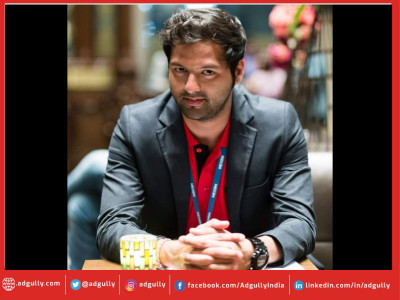


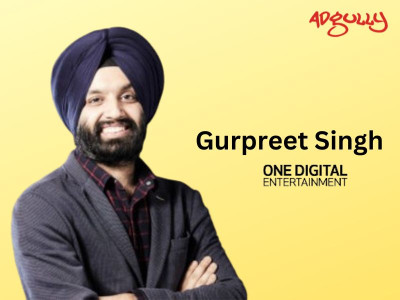
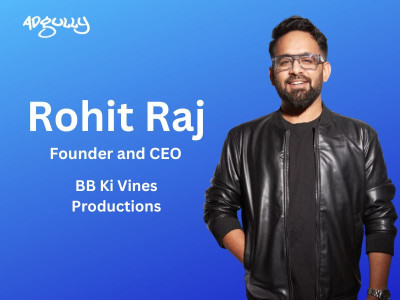

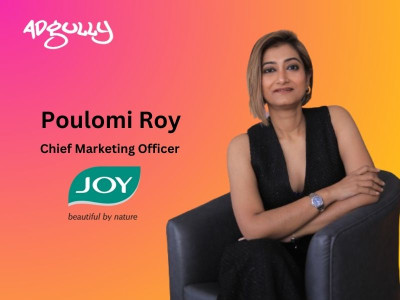

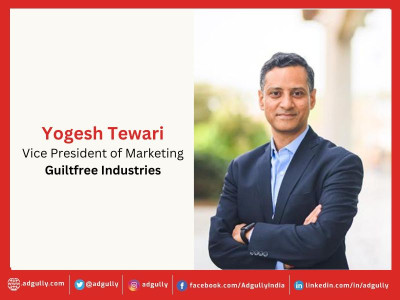

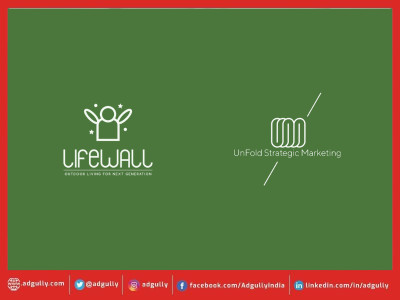



Share
Facebook
YouTube
Tweet
Twitter
LinkedIn